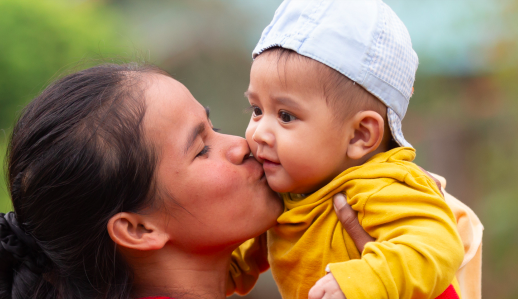Government of Luxembourg
Minister for Development Cooperation and Humanitarian Affairs

Why is bodily autonomy a priority for the Government of Luxembourg?
Bodily autonomy is a fundamental human right! Empowering women and girls to exercise their bodily autonomy is an indispensable step towards achieving gender equality. The promotion of SRHR is an integral part of two of Luxembourg’s priorities: the respect of human rights and the promotion of gender equality.
The effects of strengthening SRHR reach far beyond these two priorities. Making information and education on sexual health and rights available and ensuring that sexual and reproductive health services are accessible creates more just, more resilient and more sustainable societies. In particular, Luxembourg promotes, protects and invests in affordable, acceptable, high quality SRHR information, education and services, including by scaling up actions to achieve Universal Health Coverage. In support of this agenda, Luxembourg also aims to reach more youth by expanding Comprehensive Sexuality Education in and out of school and by supporting the removal of restrictive policies and legal barriers to ensure access to safe and legal abortion.
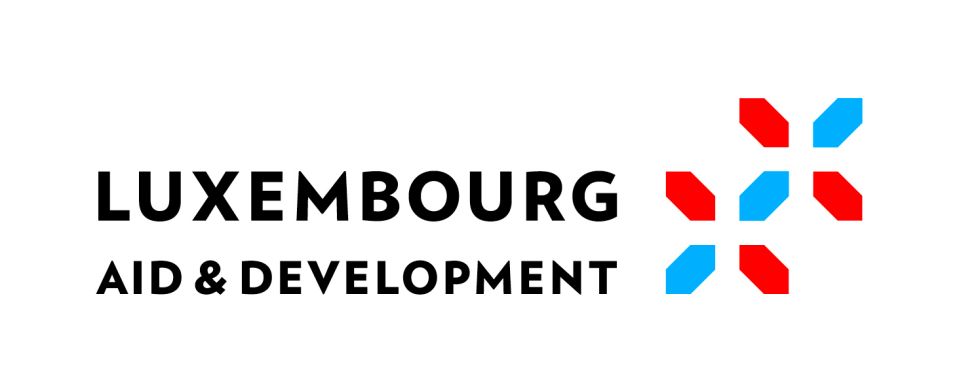
How is Luxembourg working with SheDecides?
In order to contribute to a world where every woman, girl and young person can decide what to do with their body, life and future, Luxembourg’s Development Cooperation focuses on ensuring equitable access to SRHR services, including in humanitarian crises settings, fostering gender equality, and empowering women and girls to fulfil their rights. Luxembourg promotes SRHR through normative work in multilateral fora, and through operational work on the bilateral level through various projects in its partner and project countries. Luxembourg works with a variety of actors, including multilateral agencies, regional and bilateral partners, civil society and other grass roots actors.
Luxembourg’s Feminist Foreign policy
The commitment to gender equality and the protection of the rights of women and girls has long been among the priorities of Luxembourg foreign policy. In line with this commitment, Luxembourg announced its intention to implement a feminist foreign policy in 2018, thereby systematically integrating gender considerations in the different dimensions of its external action. In this context, the promotion of women's rights as an integral part of human rights is a key priority. Luxembourg systematically defends the rights of women and girls, especially political and economic rights as well as the right to sexual self-determination.
Read More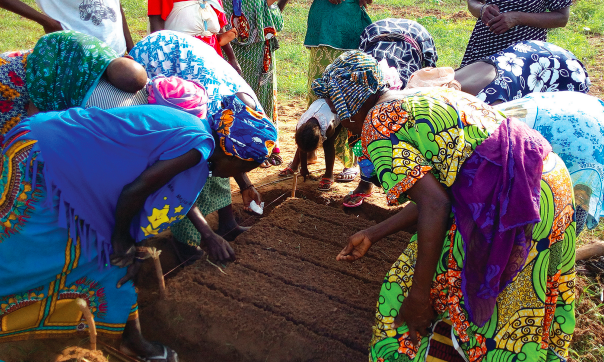
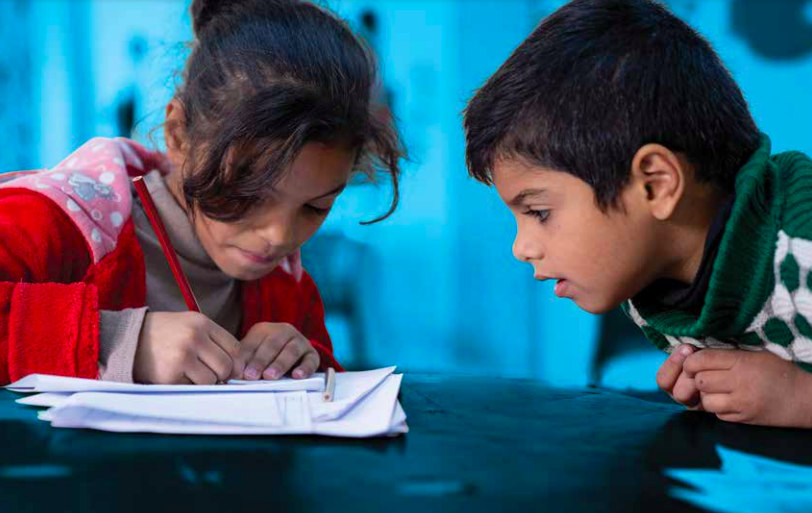
Luxembourg’s longstanding collaboration with UN agencies, including UNFPA, UNICEF and UN Women
Luxembourg’s Development Cooperation works with and through UN agencies to maximise efforts to achieve SDG5. It actively nurtures close partnerships with UNFPA, UNICEF and UN Women and provides them with predictable, flexible and multiannual core funding. Additionally, since 2004, Luxembourg has contributed to UNFPA’s maternal health thematic fund and its campaign to End Fistula. In 2016, Luxembourg became the first donor to contribute to UNICEF’s gender thematic fund, which it has supported since. Luxembourg also contributes to the UNFPA-UNICEF Joint Programme on the Elimination of Female Genital Mutilation and Cutting in 17 African countries.
Gender Strategy of Luxembourg's Development Cooperation
Recognising that we can only achieve the sustainable development goals by closing gender gaps, Luxembourg’s Development Cooperation launched its dedicated gender strategy in 2021. The strategy mainstreams a systematic approach to gender equality across all of Luxembourg’s development cooperation activities. Promoting sexual and reproductive health and rights is one of the priorities identified by the strategy. Moreover, the strategy incorporates other cross-cutting priorities, such as environmental sustainability by proposing tools to integrate climate and gender considerations into funding activities, Luxembourg stands out as the only member country of the OECD’s Development Assistance Committee to mainstream both transversal lenses concurrently.
Read More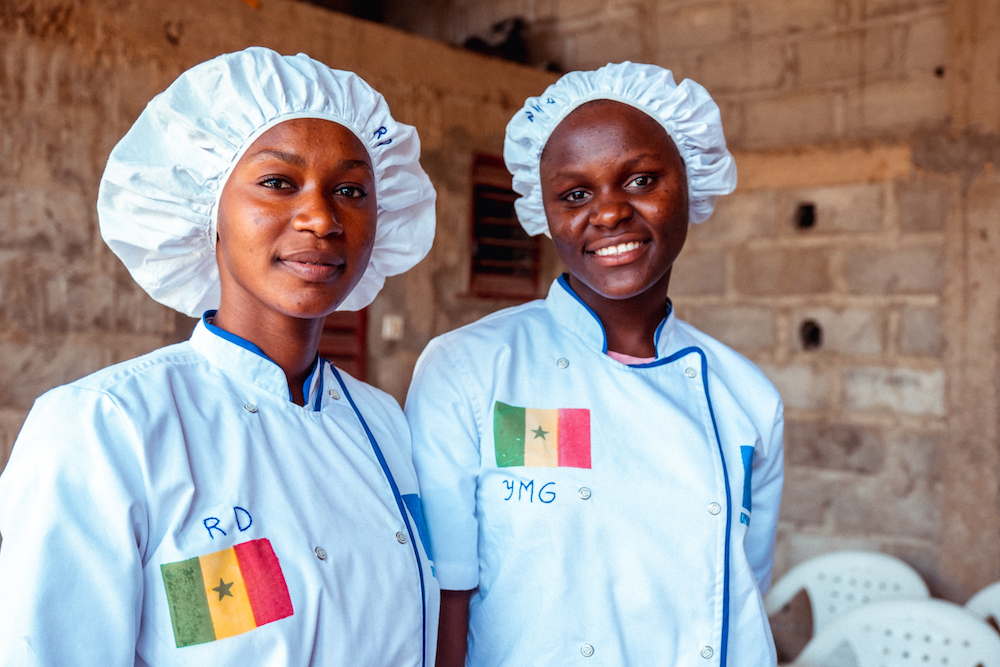
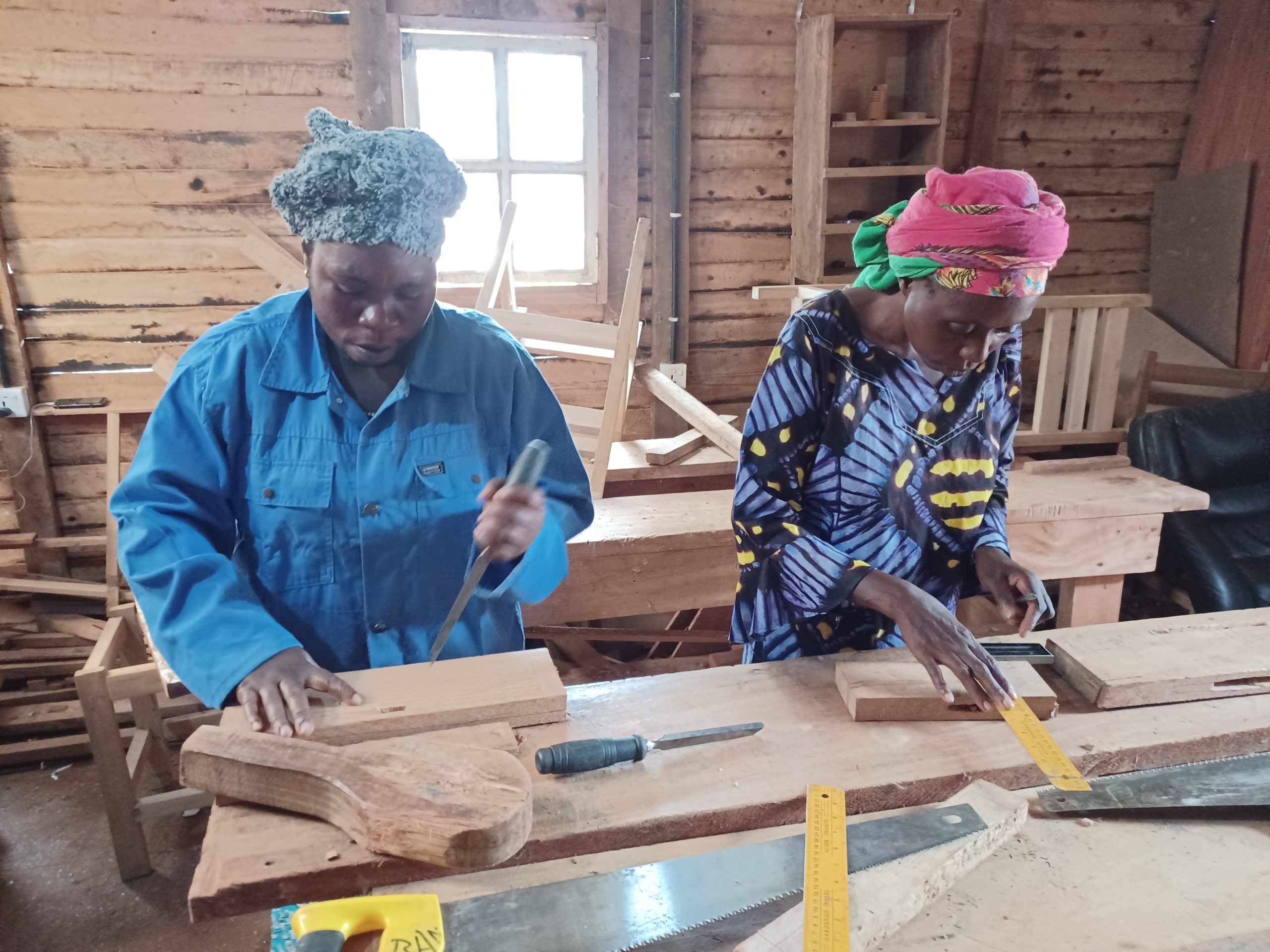
Support for the hospital and the Panzi Foundation
In Democratic Republic of Congo, Luxembourg provides multiannual funding over a three-year period until 2024 to ensure holistic support for the treatment of sexual violence survivors, including facilitating their access to medical care, justice and socio-economic support. Following the guiding principle of a victim centred approach, this flagship project is a good example of an applied multi-partnership approach between LuxDev and the Luxembourg Red Cross, providing complementary expertise. Further, this project represents an illustration of Luxembourg’s systematic application of its cross-cutting priorities. While gender represents the priority theme, the project also addresses environmental issues in a horizontal manner, in line with Luxembourg's general and cross-cutting gender and environment strategies.
Read MoreUnited Nations Joint Programme in Lao PDR - A complete package of improved healthcare services for women and children in Lao PDR - Phase III
Despite its economic development, Lao PDR is still characterised by a limited health care system with remaining high levels of maternal, newborn, and child mortality and adolescent fertility when compared to its neighbouring and other countries in the region. In response to this situation, Luxembourg supports a United Nations Joint Programme, which brings together UNICEF, UNFPA and WHO to work towards improving reproductive, maternal, newborn, child and adolescent health (RMNCAH) in Lao PDR. Launched in 2011, the programme builds on the understanding that investments in RMNCAH directly support human capital development, while enabling women, children and young people in Lao PDR to thrive.
Read More